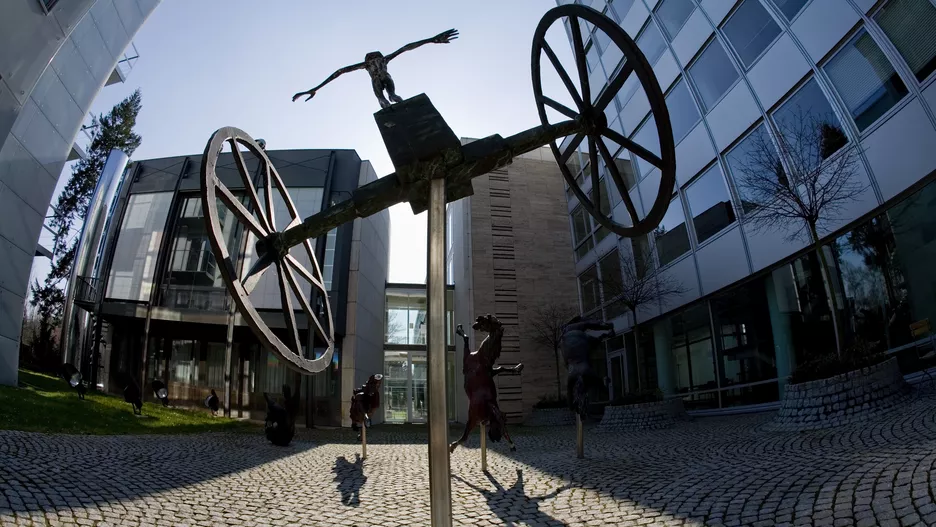Collaborative Research Centres
The School of Natural Sciences participates in a number of interdisciplinary and inter-institutional research projects, which are funded by the German Research Foundation (DFG). For an overview of the Collaborative Research Centers in which the Technical University of Munich is involved, see: Collaborative Research Centers (CRCs).
The research focus of the SFB 1258 "Neutrinos and dark matter in astro- and particle physics" lies at the crossroads of particle physics, astrophysics and nuclear physics. It concerns neutrinos, the most abundant matter particles of our universe, and dark matter, that has been driving the dynamics of the universe at galactic scales and beyond. Recent experimental results have propelled our understanding of this interdisciplinary research field to a new level, but key fundamental questions are yet to be answered.
Spokesperson
Elisa Resconi
Participating scientists
Matteo Agostini, Martin Beneke, Shawn Bishop, Laura Fabbietti, Björn Garbrecht, Mathias Garny, Alejandro Ibarra, Susanne Mertens, Lothar Oberauer, Elisa Resconi, Stefan Schönert, Raimund Strauss, Patrick Vaudrevange, Andreas Weiler
The CRC/Transregio conducts research in the fields of complex quantum materials and novel quantum states. In recent years, enormous progress has been made in these fields through new technological and methodological developments. Building on this, the network aims to influence the properties of quantum matter as well as reveal new phenomena and effects. In the long term, the work of the network will offer points of departure for quantum technology applications, for example in quantum information technology.
Deputy Spokesperson
Frank Pollmann
Participating Scientists
Christian Back, Lin Chen, Michael Knap, Johannes Knolle, Christian Pfleiderer, Marc Wilde
How could molecules in a prebiotic setting have created robust Darwinian evolution and the first sequence information of Life? We are a cross-disciplinary network, bringing together expertise from a wide range of fields, including biochemistry, biophysics, chemistry, geosciences and theoretical physics to bring this age-old question closer to an answer. This collaborative effort is funded by German Research Foundation (DFG)and is a collaboration of several renowned German universities and institutions: LMU Munich (host), TUM (co-host), Heidelberg University, JMU Würzburg, MPI of Biochemistry, TU Dortmund, University of Augsburg, and University of Stuttgart.
Co-Sprecher (TUM)
Prof. Dr. Ulrich Gerland
